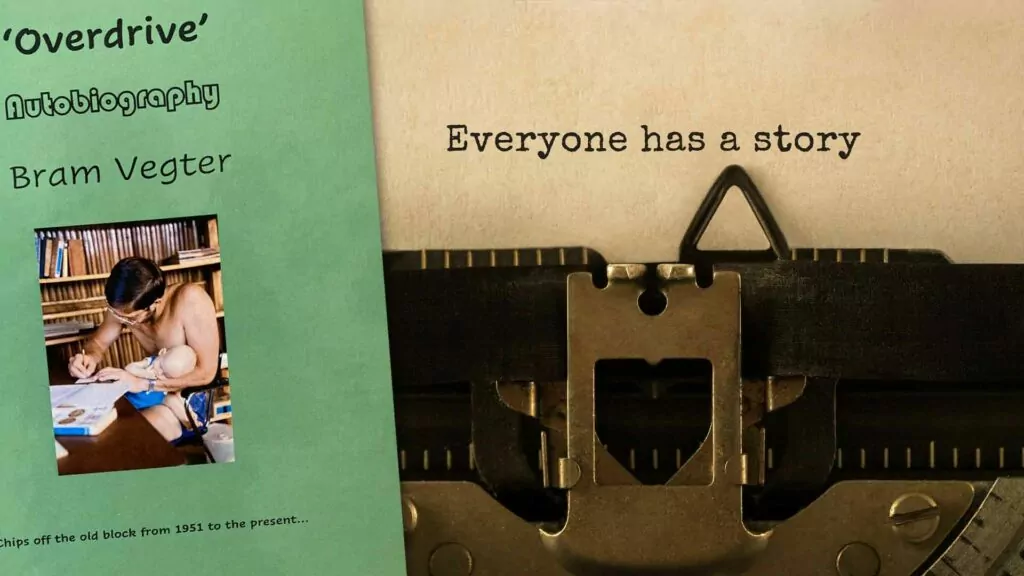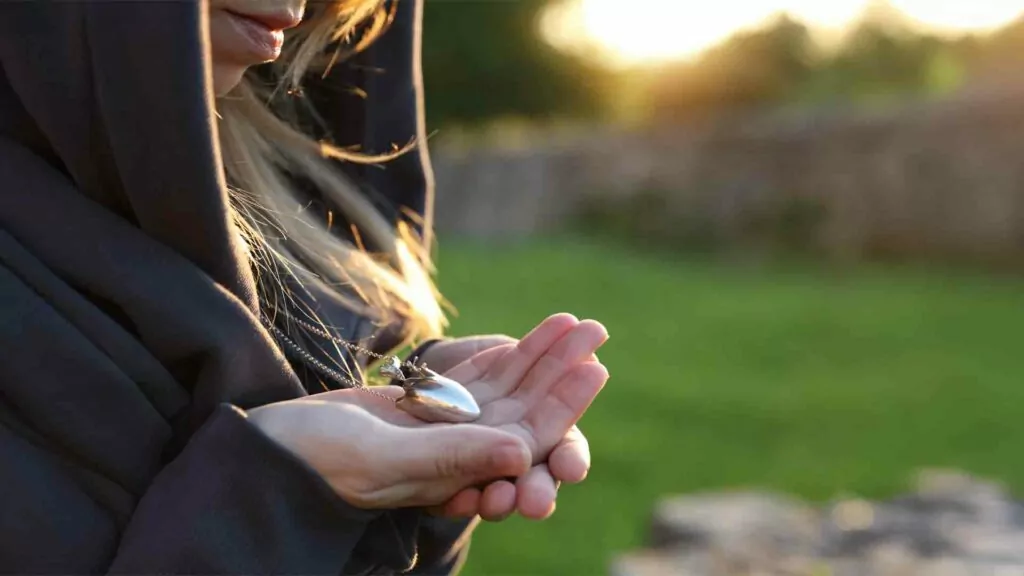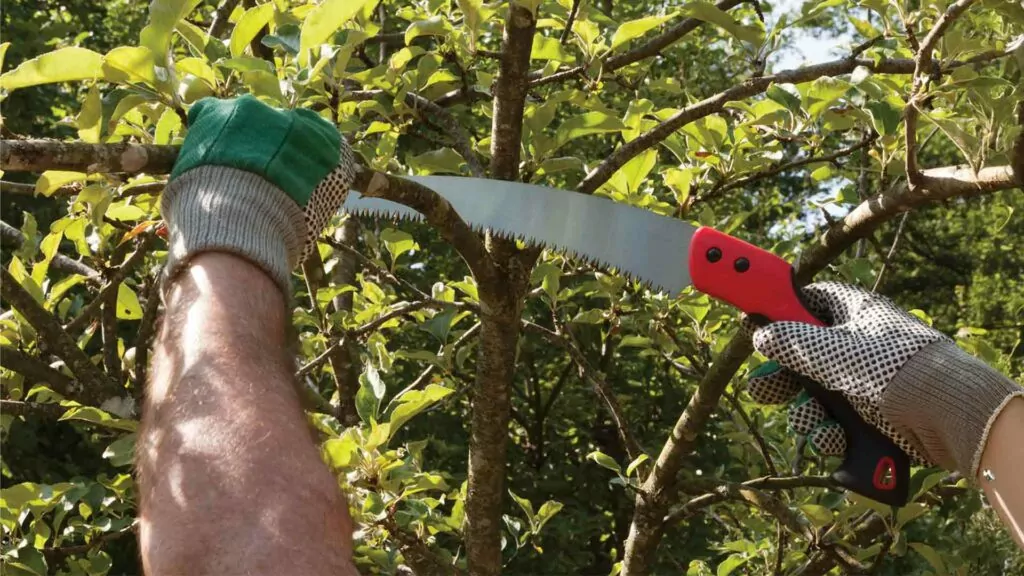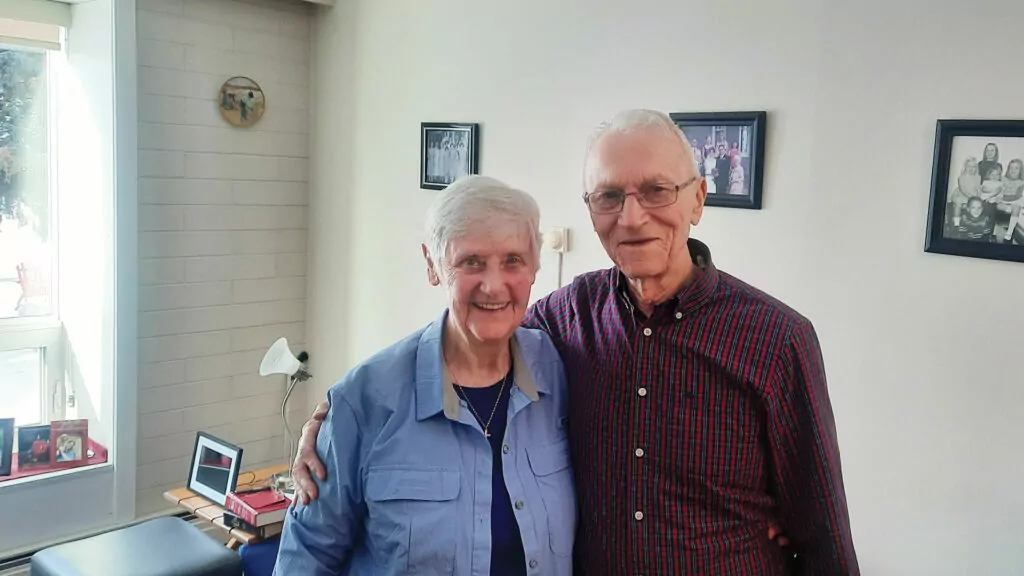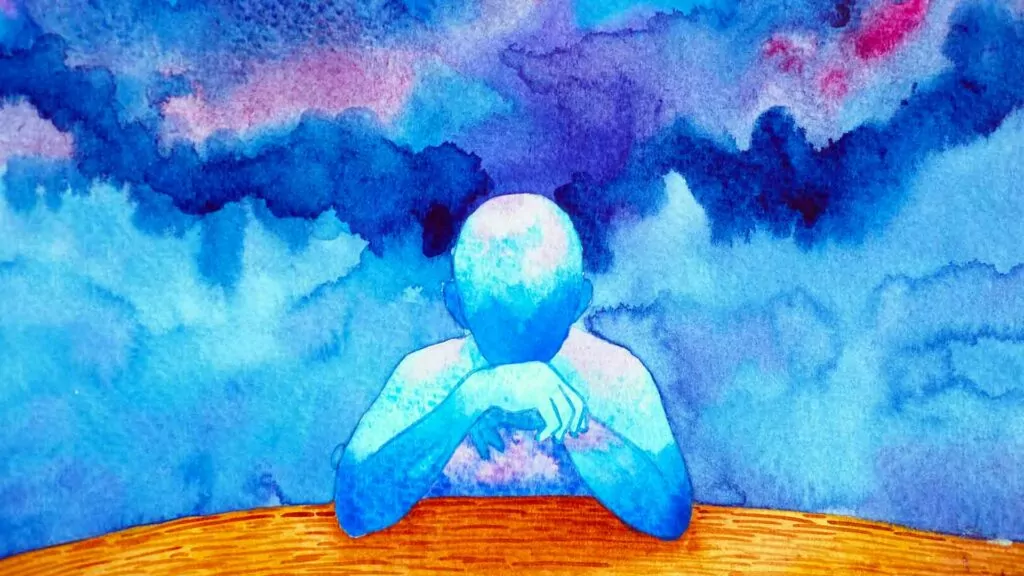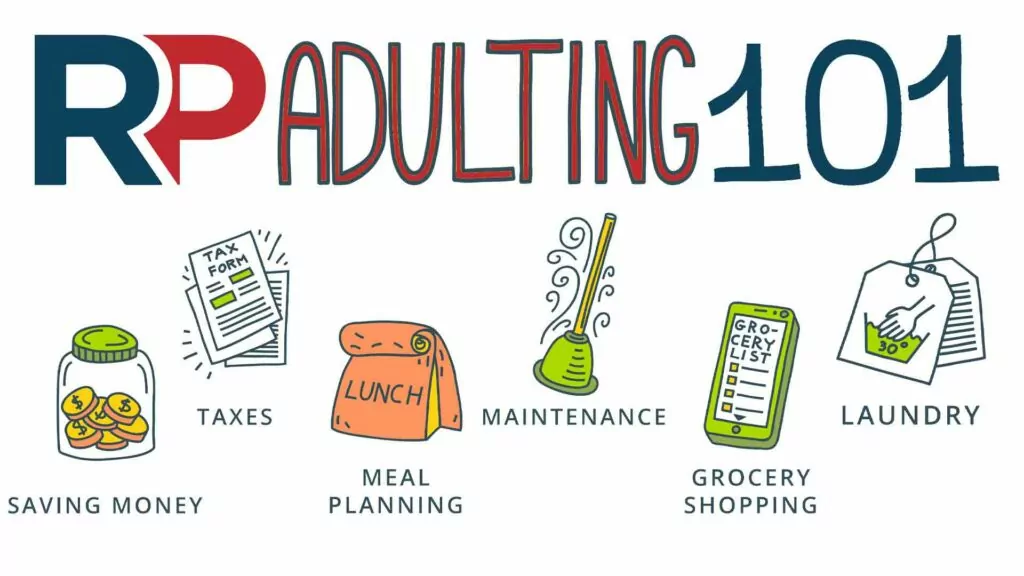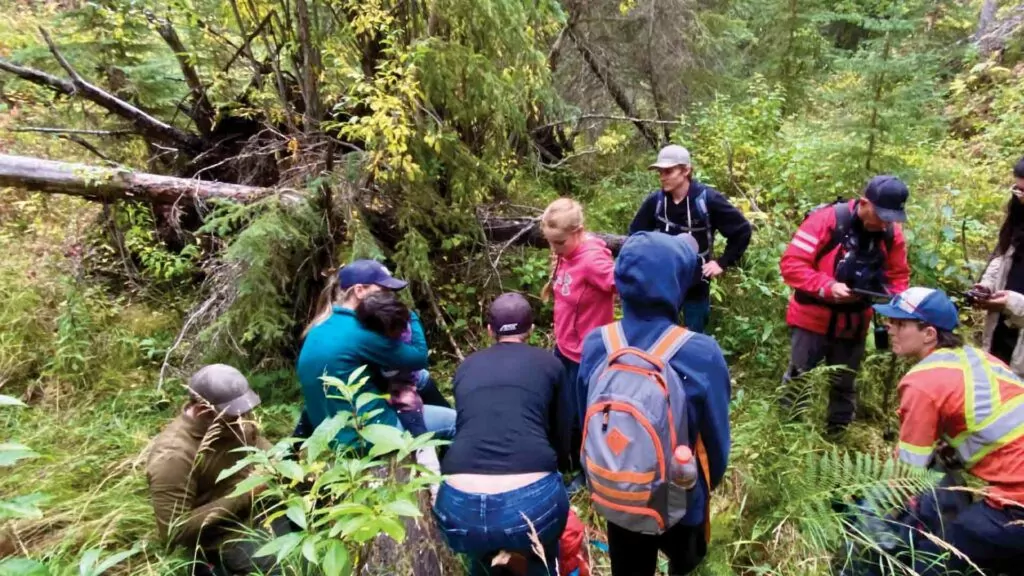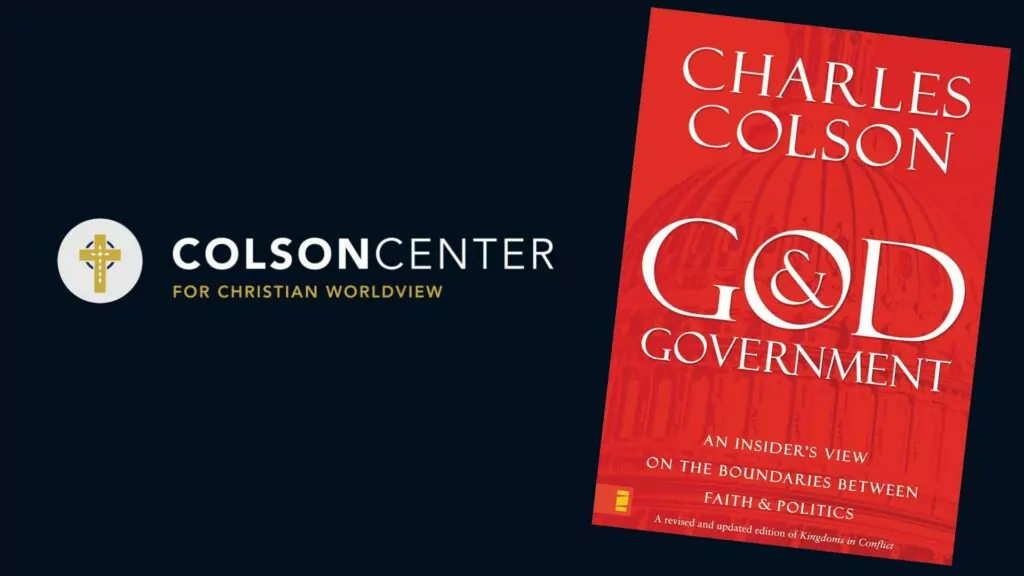Necessary Endings
Finding the courage to let go in business, church, and family
*****
Why did my dad’s tomatoes and cucumbers always flourish? I used to think it may have something to do with the tobacco smoke from his pipe, which he puffed while tending to them. But the success carried on even when the days of the pipe ended. I got my answer some years ago when my dad checked out our greenhouse and noticed lanky cucumber bushes with little fruit. He showed me how to identify “suckers” and shoots that needed to be pinched off.
For a new gardener, it seems strange, even shocking, to cut off healthy branches and flowers. But whether it is cucumbers, apple trees, or flowers, God designed many plants to produce more buds than they can sustain. Plants have limited energy, so without pruning, that energy goes towards growth that literally isn’t fruitful. I was looking for cucumbers, not huge cucumber plants without fruit. In other cases, sick branches or dead branches need to be removed, as they will hold back the plant or tree from flourishing. Contrary to popular thought, nature doesn’t do best when left alone.
Through these plants, God is teaching us something about our own lives and the causes we invest in, including in business and the Church. We need deliberate pruning – we need to make endings happen. That is true for all stages of life, but especially as we feel the effects of age.
Endings are necessary
As much as we value beginnings and growth, God has made endings a natural and important aspect of life, even before the Fall into sin. There is day and night, and a season for planting, watering, harvesting, and cleaning up so that it can start over (Eccl. 3:1-2). Accepting endings, and making them happen at times, is the design that God wove in the very fabric of our lives.
“In your business and perhaps your life, the tomorrow that you desire and envision may never come to pass if you do not end some things you are doing today.”
That is how Christian psychologist and business coach Dr. Henry Cloud opened his book Necessary Endings. This book gave direction and encouragement when I had to make some hard endings a few years back. But the value of it keeps resurfacing as I notice how much we can struggle because we resist endings:
• We hold onto possessions that have no more use to us;
• Teens refuse to end their childhood, and continue doing little to help the family;
• Young adults grow older but fail to launch, continuing to be cared for by their parents;
• Seniors don’t deal with past hurts or ongoing sinful patterns because they have resigned themselves to who they are;
• Spouses endure abuse because they think they have no choice.
In some cases, endings seem to be even a bigger challenge for Christians:
• Committees and societies continue longer than they should because the people involved are simply fulfilling their term, and don’t think it is their place to end something that others started;
• Poor performance by people in positions of authority (pastors, elders, deacons, volunteers, school board members) can carry on perpetually because others feel that if they speak up, they will be seen as the problem, inviting unwanted conflict and stress into their lives;
• A church member can take advantage of the kindness and care of their congregation year after year, without consequence;
• Church leadership can struggle for years with following through on church discipline because of the desire that things will turn around.
Dr. Cloud pulls no punches in response to scenarios like these. Endings are crucial and “your life and business must face them, stagnate, or die.”
He explains that we prune our lives for the same reasons we prune plants.
1. “If an initiative is siphoning off resources that could go to something with more promise, it is pruned.
2. “If an endeavor is sick and is not going to get well, it is pruned.
3. “If it is clear that something is already dead, it is pruned.”
Why aren’t we pruning?
This is a proven formula for flourishing. So why do we sometimes have such a hard time doing it?
An obvious reason is that endings often require confrontation and some pain. Cutting away an apple tree, or pulling flowers off a plant, doesn’t feel good. There are no immediate rewards. We convince ourselves that the status-quo is a better option than change.
But the problem with this approach is that we are being led by our feelings rather than reality. It is wishful thinking.
Dr. Cloud compares our reluctance to make necessary endings to getting an infected tooth pulled. It isn’t a pleasant experience. But it is so important to get done. “We all hurt sometimes in facing hard truths, but it makes us grow…. That is not harmful. Harm is when you damage someone. Facing reality is usually not a damaging experience, even though it can hurt.”
Another reason why we may not be making necessary endings in our lives is because we don’t know what we are aiming for, or pruning towards. We are drifting with the current, reacting to whatever comes our way.
This makes sense for our unbelieving world, which struggles to understand what it means to be a human being, man, woman, parent, or senior. The world isn’t interested in following God’s blueprint. It isn’t sure it even wants the cucumber plant to produce cucumbers.
Unfortunately, it is also an issue for Christians, even though God gives very clear direction for our lives. We struggle with disciplining our children in response to behaviors that need to stop, even though the Bible makes it clear that God has entrusted parents with this task. We let teens have the responsibilities and expectations of children even though an entire Bible book was given to them to chart a path of responsible living (see Proverbs). And even church leadership can have a difficult time seeing through commands like 1 Corinthians 5:13 to “expel the wicked person from among you.”
When we refuse to prune, not only are we making growth more difficult, we are also getting in the way of the beautiful plan that God has for our lives, the church, and society.
Perhaps another reason why Christians may feel uncomfortable with this talk of pruning is that it seems to clash with our calling to love even our enemies, or to care for the vulnerable. As we read in Isaiah 42:3, the Lord sustains the weak: “A bruised reed He will not break and a smoldering wick He will not snuff out.” This is where we need to realize that the pruning metaphor has its limitations. The point of this article, and Dr. Cloud’s book, is not at all to cut away people who have weaknesses. Caring for the vulnerable is one of the goals we are pruning towards and aiming for. We are pruning away what hurts the vulnerable. For example, a church committee that has long passed its expiration date will continue draining the time of its members, and cut into their capacity to help those who really need help. And a person or family who is taking advantage of the care of others in the congregation because they keep asking for help (when they could be taking care of themselves) is preventing the congregation from caring for those who really need it.
If all of this sounds like it is based on worldly motivations for productivity, it may help to remember that our Lord Jesus Christ spoke strongly about this: “I am the true vine, and my Father is the gardener. He cuts off every branch in me that bears no fruit, while every branch that does bear fruit he prunes so that it will be even more fruitful” (John 15:1-2). He was also willing to leave an area and move on. For example, in Mark 1 we read how Jesus went to a solitary place to pray. When his disciples came they said “Everyone is looking for you!” To this, Jesus replied “Let us go somewhere else – to the nearby villages – so I can preach there also. That is why I have come.”
Proactive pruning
I have written elsewhere how I learned the hard way (through burnout) that life produces too much to sustain. Unfortunately, I had to feel significant pain to pull the pruners out. The problem with waiting until something crosses a line is that it unnecessarily leads to lasting hurt for ourselves and others. My lack of pruning may have seemed to benefit my family (as I was fixing up our home and property) and employer in the short-term, as there was a lot of growth, but it ending up hurting them both.
As we age, it is critical that we make pruning a normal and healthy practice of our day-to-day living. As with a cucumber plant or apple tree, this pruning should be done before there is obviously a problem.
Proactive pruning also means that we have to let go of meaningful relationships that we once had, even though there is nothing wrong with them. Dr. Cloud points to brain research that shows we seem to have capacity to manage 140 to 150 relationships. As we grow older, our circle will grow quickly. Trying to juggle 300 relationships in a meaningful way is a recipe for doing a horrible job with all 300. So we will only be able to take on new ones if we are pruning old ones. Settling in a new community will mean having to let go of wonderful people from your old home that meant so much to you. Serving on the school board may mean having to give up that weekly visit you treasure so much. And yes, this also means that some people that we used to send a Christmas card to may no longer get it. It doesn’t mean that we no longer care for these people. Rather, it means we are investing in the relationships that God is calling us to in this time and place. Like a cucumber plant, we are directing the limited energy or “juice” we have to the fruit God wants to see.
It also means pruning off parts of our lives that haven’t been fruitful, even if we really hoped they would be. A successful business like Starbucks will still regularly shut down hundreds of stores. Dr. Cloud notes that often “when that occurs, the stock prices go up.” That is because the business community understands that pruning isn’t a sign of weakness but of health and strength.
The fact that a church plant isn’t growing to the point where it can sustain itself is a reason to consider working towards an ending, not to stop planting churches, but to try again somewhere better. More fertile ground may be waiting, but your next effort can’t start until the other has ended and sufficient resources are freed up.
This is also why it was so important that Christian aid organizations have come to realize that simply giving more money, food, and supplies to people in need isn’t necessarily a blessing. In fact, it may be the very thing holding back people from making the changes necessary to succeed long-term. Sometimes the best way to help a person, family, or non-profit is to stop giving them what they are asking for. They won’t make necessary changes until you stop enabling them to carry on as they are.
The wise, the foolish, and the evil
Throughout his book, Dr. Cloud coaches the readers to figure out if endings are necessary and how to make them. He teaches the reader to get realistic, and even get hopeless if they expect change while carrying on the same way, so they’ll get motivated.
But I found the most value in a chapter he devoted to figuring out how to discern whether the process of change is even worth it. For example, “how do you know when to invest the effort with someone to work on making things better and when should you tell them that you are done talking about it?” He does this by explaining that there are essentially only three categories when it comes to people’s character: the wise, the foolish, and the evil. Although his audience isn’t all Christian, he explains that these Scriptural categories are proven true in all fields of life, including business, psychology, and law.
It is critical that we understand whether the person we are dealing with is wise, foolish, or evil, because it will determine the track we take and whether an ending is necessary.
A wise person recognizes truth for what it is, takes it in, and adjusts themselves accordingly. When corrected, they listen and change their life. As a result, they improve every day again. They are motivated to change, and are willing to show genuine remorse when they need to. When dealing with a wise person, communication goes a long way. They are eager to be trained or coached. Talking helps.
A fool doesn’t adjust to the truth. Rather, they adjust the truth so that they don’t have to change themselves. He or she isn’t the problem. Others are. They are defensive, they blame, and talking to them doesn’t help at all. Instead, it creates conflict and division.
“At this point it is time to change the conversation from trying to get them to change to talking about the fact that no change is happening and that is the problem…. Roger, this team and the environment we want to have around here are important to me, so I can’t allow your abusive behavior to ruin it anymore.”
Adding consequences is often required.
“Dave, I want to live in a sober house, and since you have chosen to not do anything about your addiction, I won’t be living with you anymore until you get treatment and get sober.”
The key with dealing with foolish people is to end the pattern.
“You cannot control them or get them to change. What you can do is create an ending to the effects their refusal to take responsibility is having on you or others.”
Although we would love to think otherwise, there are no shortage of fools in our lives. Apart from God’s grace and the working of His Holy Spirit, we are all fools. But we have been born again, and it is important that we act accordingly.
Finally, there are evil people, who intentionally want to hurt you. An evil person is the
“kind of person who likes to bring others down, is intentionally divisive, enjoys it when someone fails, and tries to create the downfall of others or of the company is to be protected against at all costs.”
As Christians, we can be guilty of a living in a pretend world. We see numerous examples of evil people in the Bible, including among God’s covenant people (e.g., Old Testament Israel or the New Testament Church). But we act as if there are no evil people in our families, schools, or churches today, even when the evidence is clearly stacked against us. Untold pain has been caused by tolerating wicked abusers in our circles, simply because we foolishly assumed that if they came from another Reformed church, they must be trustworthy. Parents, elders, and school boards must have the courage to do whatever is necessary to protect God’s children from these wolves in sheep’s clothing (see Matt. 7, 1 Cor. 5).
It's time for change
Is God looking to you to make a necessary ending? Will you prayerfully consider this? It may be the beginning of a whole new life. A transition begins with an ending, not a new beginning. We don’t just become an adult. We first stop acting like a child.
At this point I should add a caution. Some people are so motivated to see things change that they are too eager to prune. Pruning isn’t something to be done carelessly. It takes discernment. If you attack an apple tree with a chainsaw without knowing the right season or method (something I’m guilty of), your tree may die. The goal of this article, and Dr. Cloud’s book, is not to pursue endings for their own sake. Rather, it is to nurture flourishing lives. As such, if you are eager to see an ending, it would be good to first search your heart to discern what is motivating you.
Dr. Cloud is a Christian, but the book is written for a broader audience. If we go to Scripture, we can find even more wisdom and perspective as it relates to the importance of endings. God makes it clear in His Word that our lives, and all history, are progressing towards an ending: our impending death and the judgement we will face before His throne.
Whether it is through the pain of burnout, disease, or old age, God is reminding us that our lives on earth won’t carry on forever and we shouldn’t pretend they will. He has given us a blueprint to show us how He wants us to use the time He has given. And He also warns us to “keep watch, because you do not know on what day your Lord will come” (Matthew 24:42).
But Scriptures also show that God is not a harsh boss who is only interested in the bottom line. Our works aren’t going to satisfy Him. Thankfully, because of the good news of Jesus Christ’s victory over death in our place, death isn’t an ultimate ending. Rather, it is a door to a whole new life of joy. Once again, we see how endings are necessary and open the door to a new life.
May our willingness to make endings here reflect the confidence we have in the new life that is waiting.
*****
Necessary Endings:
The employees, businesses, and relationships that all of us have to give up in order to move forward
by Henry Cloud
2011 / 238 pages
It is one thing to see the need for pruning, and another to know how to do it. The idea of ending an activity that has gone on for years, or cutting someone out of our lives, can be scary and needs to be managed carefully. Space doesn’t allow me to summarize all of Dr. Cloud’s advice so I’m going to instead encourage readers to get a copy of the book to discover the wealth of wisdom he shares. This includes topics like “having the conversation: strategies for ending things well.” And if you find it difficult to read a whole book on the topic, it is also available as an audio book. Perhaps you can listen to the book with someone else who would be blessed by it....








